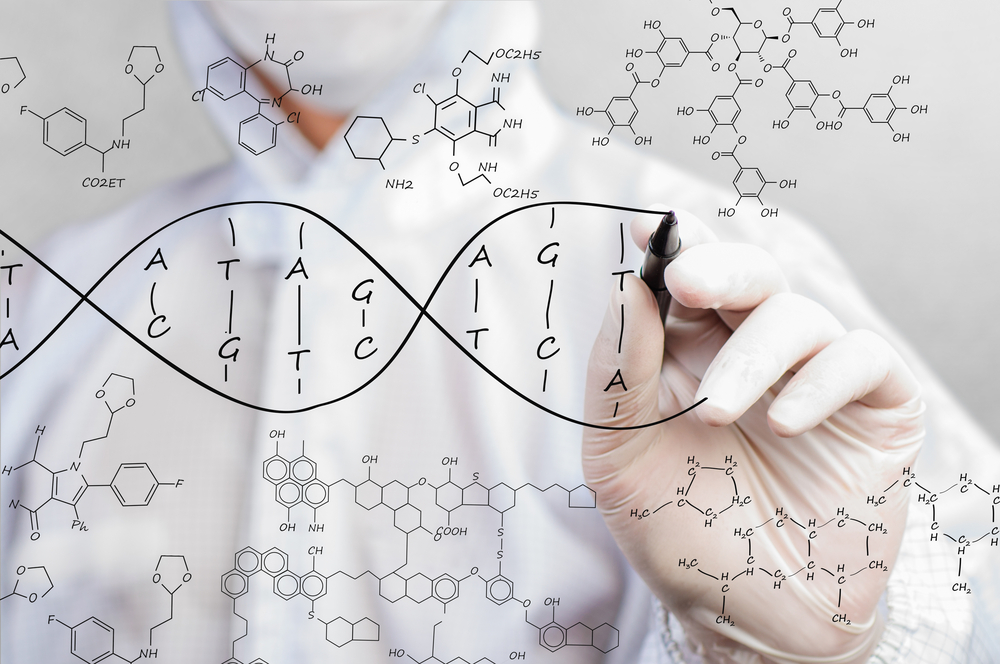Recent Genetics Research May Hold Clues to New ALS Treatments


Dr. Nancy Bonini
A recent editorial published in the journal Neurology highlights the existing scope of clinical knowledge concerning genetic susceptibility that makes individuals prone to developing amyotrophic lateral sclerosis (ALS). The editorial content was based on a thorough review of the current literature conducted by ALS researchers and authors Dr. Nancy Bonini PhD, Florence R.C. Murray Professor of Biology, Investigator of the Howard Hughes Medical Institute; and Dr. Orla Hardiman MD, Clinical Professor Neurology, Consultant Neurologist at the National Neuroscience Centre, Director of the National ALS Clinic & Irish ALS Research Group.
ALS, also known as Lou Gehrig’s disease, is a progressive disease that attacks the nerve cells that control muscular moments such as walking and respiration. Patients diagnosed with the disease have increasing problems with breathing, swallowing, and speaking or forming words. In the late stages of ALS, patients rely solely on caretaker assistance for all their needs, leading to significant effects on their psychological health. ALS is a terminal diagnosis in which most patients die from respiratory failure within 2 to 5 years.
There are 3 known possible causes for a patient to be diagnosed with ALS: 15% of cases come from a familial cause, and the remaining cases are either due to environmental and/or genetic susceptibility. This editorial, which was prompted by the publication of a recent study “ATXN2 polyQ intermediate repeats are a modifier of ALS survival,” is focused on reviewing the current evidence concerning the population-based differences in genetic susceptibilities and identification of associations between individual genetic susceptibility and diagnosis of clinical disease. This type of study is important because it will provide a more in-depth understanding of the disease, which may lead to advancement in therapeutic approaches for ALS.

Dr. Orla Hardiman
The study reviewed the effects of the number of repeats of the ATXN2 gene, which encodes a protein Ataxin-2 that is associated with numerous neurodegenerative diseases such as ALS, on patient survival. The review of the study’s findings showed that:
- The frequent ATNX2 repeats were significantly more common in ALS cases (19 patients vs 1 control).
- Patients with an increased number of ATNX2 repeats had a shorter survival than those with <31 repeats.
- An increased number of ATNX2 repeats remained significant after multivariable analysis.
When explaining the importance of these results, Doctors Bonini and Hardiman had this to say, “These findings on the influence of normal gene activity in model organisms, together with the demonstrable effect of intermediate repeat expansions in ATXN2 in some ALS cases, argues for ATXN2 as an appealing therapeutic target.”
This research adds to the body of knowledge that is focused on the association of genetics and ALS disease diagnosis. For patients and their healthcare providers, this offers hope that tailored therapeutic approaches to treating ALS are closer to becoming a reality.






